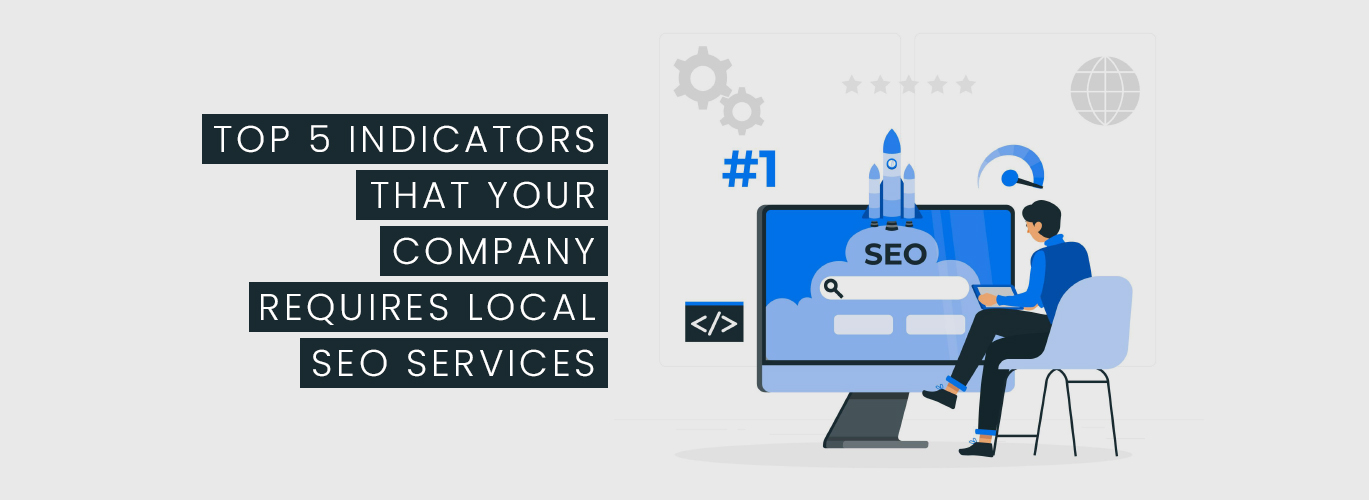This is where marketing walks in, and for online businesses, SEO is king. Acquiring the best rankings on Google is a zero-sum game. This is why your pages must be better optimised than the competitors’ to become a successful entrepreneur and enjoy the lion’s share of the market.
The appropriate keywords combined with quality content hosted on a well-structured landing page might be the fastest way to bring new customers to your business. So follow these tips to ensure you’re appealing to bigger audiences.
01Analyse competitor keywords
Many companies have already ranked on Google for services or products similar to that of yours. So better look for the keywords they’re ranking for?
You can find the keywords that everyone in your industry is trying to rank for by using Google Trends and Google Keyword Planner. It’s feasible to filter based on location, purpose, commercial value and search volume.
For your keyword strategy, third-party keyword analysis software can also help you. Ahrefs and SEMRush are go-to tools for discovering which keywords your competitors are using. You can modify your keyword research more with their help.
Make a list of them in a spreadsheet with their main internal sites which includes the homepage. You can manually go to any of those pages and open the source code to check out the title, headings, metadata and content. That enables you to easily find out the keywords your biggest competitors are using to push traffic to their websites and landing pages.
Your marketing and on-page SEO experts can now customise your content and pages with those keywords.
02Optimise Your Pages for Keywords
Have you acquired the keywords that fit your site? Then it’s time to use them on the page. The specific keywords must be distributed all through the structure of your site pages.
Make sure not to overstuff your pages with these keywords, though, as Google is very proficient at finding pages with content rigged to game their algorithms. Follow this up by acting on one of the best SEO tips: ensure your website has multiple pages. These rank much better with Google and help the search engine discover that you have a high-quality website.
03Write New, Engaging Content for your first priority keyword phrase
Contents are found on pages of your website like your home page or a specific service page or a blog post. This really relies on if the phrase has that buyer intent or info intent. If the keyword is a question or seems to be looking for tips, advice, inspiration or ideas, create a blog post. If it has buyer intent and it matches your overarching business then that could be your home page. But if it were to be more niched down that would probably be more of a specific service page.
The content must be pretty epic and cover the topic as completely as possible. So ideally this should really come out with visuals or videos if you can make one. You will need headings, sub headings, lists, easy scannable contents that are written for the web.
- Where to use your keyword phrase:
Title tag: - Preferably towards the beginning of it.
Meta description - As close to the start as you can
H1 header - This is the main heading of your page.
Scattered in body text
Several times in the body text on the page and definitely try to work it on the first 150 words at least once.
04User experience
This is a crucial part of the success of SEO as Google uses user metrics as a ranking signal. So, try making your website more user-friendly.
User experience supports you in three ways:
- Increases your rankings.
- Engage your visitors for a longer time.
- Improves your conversion rate.
User experience also improves your page load time by optimising website code and selecting high-quality web hosting. Also, internal links, images, proper heading tags, CTAs, clean design, breadcrumbs, etc. will help you to enhance your site’s user experience.
05Backlinks
Backlinking engages in adding links to external sites on your pages. But always be careful as backlinking to low-quality sites can tarnish your site in the eyes of Google.
One of the top SEO tips is to approach other quality bloggers in your field; maybe they would be happy for you to link to their site for mutual benefit. You can also produce some guest blogs on external domains that backlink to your own site.
06Boost Page Speed
Same like your PPC campaigns, page speed is an important element for your SEO rankings.
If you observe that competitors are outranking you for keywords where you have the equivalent amount of keyword density, backlinks or on-page variables, it might be time to look at your page speed on mobile and desktop.
Google’s PageSpeed Insights is an amazing tool for testing your website speed score and finding what variables may slow down your website.
07Your Site must be Mobile-Friendly
Currently, the majority of global internet use is from smartphones, and over time the number is only going to get higher. This is why you need your page optimised for mobile so that users get an amazing experience regardless of the device they’re browsing from.
Google has already declared that it prefers mobile-friendly sites in its rankings, so never miss out these SEO tips and guarantee that yours is apt for their purposes.






